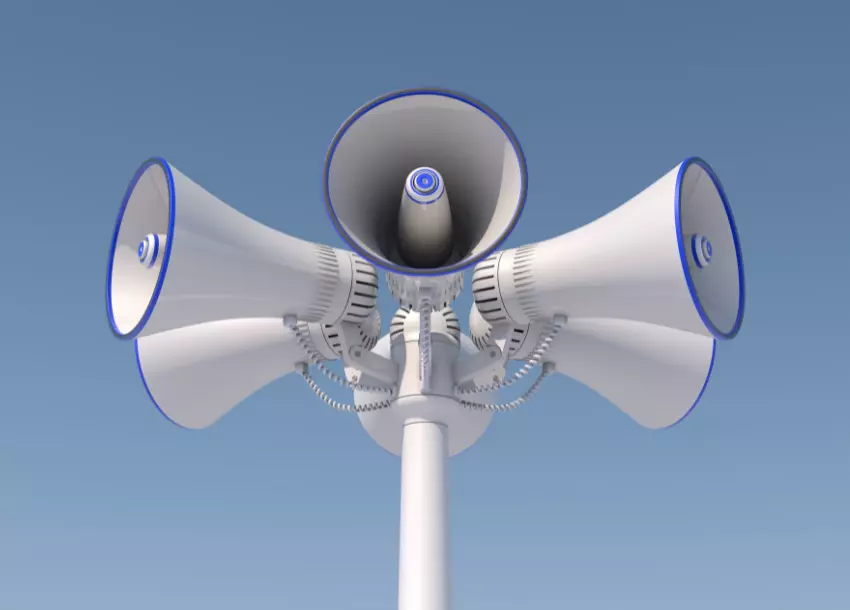USDA Releases New Rules on Hemp Production
The US Department of Agriculture (USDA) recently took another step towards expanding the industrial hemp market in the US by releasing their interim final rules labeled Establishment of a Domestic Hemp Production Program. USDA’s rules were posted to the Federal Register on October 31, 2019, and the rules will have a 60 day comment period for groups and individuals to give the Department feedback.
The United States Department of Agriculture (USDA) recently took another step towards expanding the industrial hemp market in the United States by releasing their interim final rules labeled Establishment of a Domestic Hemp Production Program. USDA’s rules were posted to the Federal Register on October 31, 2019, and the rules will have a 60 day comment period for groups and individuals to give the Department feedback. The rules largely contain the nuts and bolts of how the Department will implement the 2018 Federal Farm Bill, which reformed the nation’s hemp laws by relaxing the requirements to obtain a license to grow hemp, and removed legally grown hemp and hemp products below .3% THC from the Controlled Substance Act (CSA). Hemp above .3% THC is still considered a scheduled I substance.
Previously, under the 2014 Federal Farm Bill, states were allowed to establish pilot hemp programs that focus on hemp research rather than being suitable for large scale industrial use. North Carolina passed legislation in 2015 and follow-up legislation in 2016 to establish the State’s pilot program, and that program is currently in place, run by the North Carolina Industrial Hemp Commission.
The Department’s interim rules will be effective October 31, 2019 through November 1, 2021. Once the public comment period ends on December 30, 2019, the Department will begin work on a final rule. As of November 6, 2019, USDA has 347 comments to their published interim rules.
The rules establish the process for how USDA will evaluate and approve state and tribal plans for those entities that choose to administer the federal program themselves, as allowed by federal law. The law does not prohibit states from enacting laws more stringent than the federal requirements. The Department’s rules also establish plans for states that choose not to develop and submit their own plans for USDA approval. States that prohibit the growing or sale of hemp will not be forced to comply with the federal program, but federal law does preempt states from restricting interstate transport of legal hemp.
In addition to establishing state level regulations governing state plans, the rules also address procedures for collecting data on where hemp is grown or produced, testing THC levels, disposing of plants that test above the allowable THC level, licensing requirements, and handling violations. One area of interest that is not addressed are rules governing CBD oil, which is still under the purview of the Food and Drug Administration (FDA). FDA has indicated that rules on CBD oil may be years away, unless legislatively expedited by Congress.
North Carolina does not currently have a USDA approved plan, and the North Carolina Farm Act of 2019, which makes many of the statutory changes needed to do so, has stalled in the legislative process. Legislators struggled to find a compromise with law enforcement on smokable hemp, which is important to the economic viability of the crop, since smokable products are one of the most profitable uses of the hemp plant. The current edition of the bill contains a ban on smokable hemp starting on June 1, 2019, with an interim study to be conducted in the meantime. The bill is currently in conference between the House Senate, and its enactment remains uncertain.
Given the new rules and uncertainty of North Carolina’s next step, farmers and those interested or engaged in the hemp market should pay close attention to the changing regulatory and legal environment as they explore the emerging opportunities in industrial hemp.
Our Insights are published as a service to clients and friends. They are intended to be informational and do not constitute legal advice regarding any specific situation.
About Maynard Nexsen
Maynard Nexsen is a nationally ranked, full-service law firm with more than 600 attorneys nationwide, representing public and private clients across diverse industries. The firm fosters entrepreneurial growth and delivers innovative, high-quality legal solutions to support client success.







